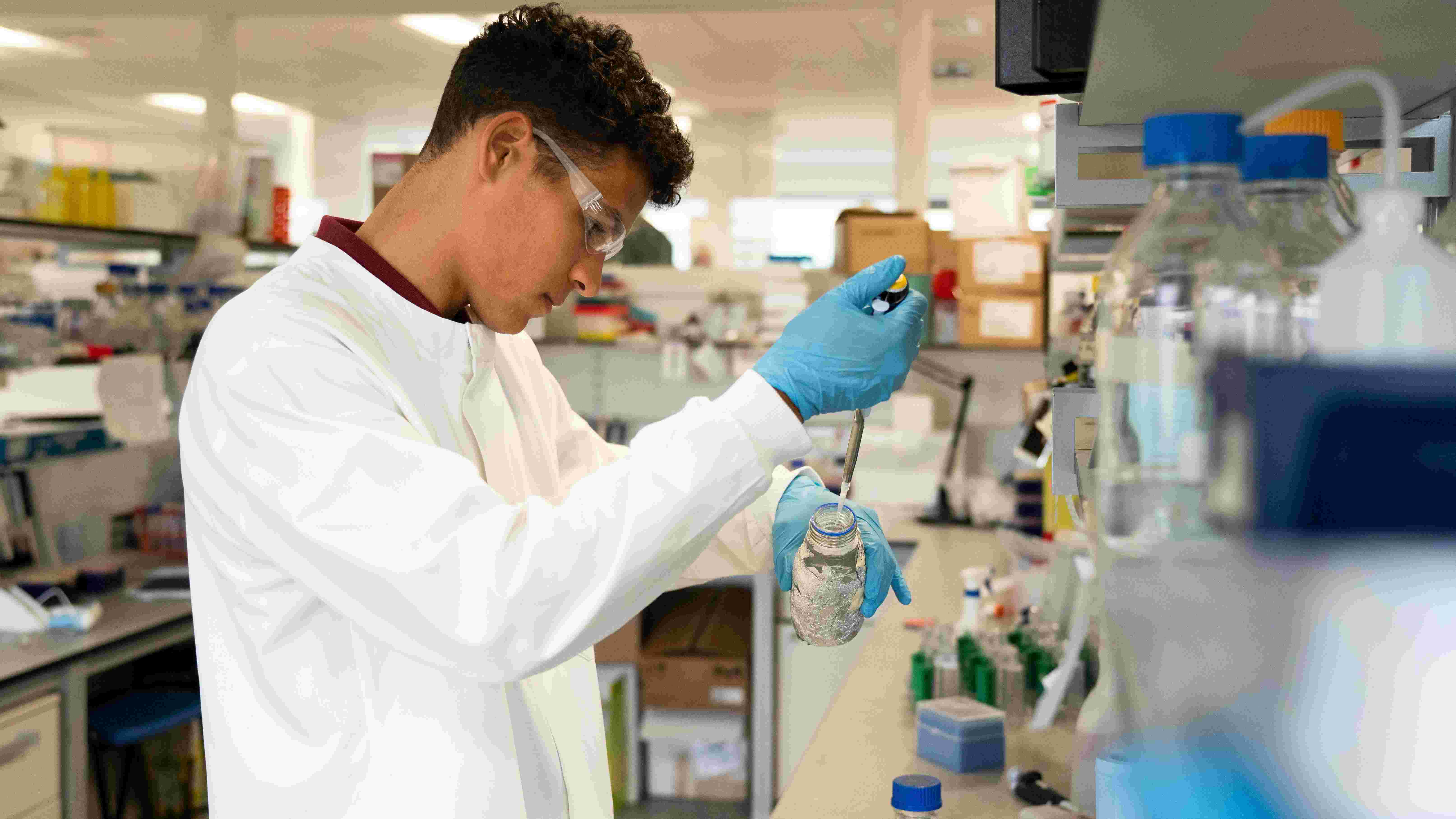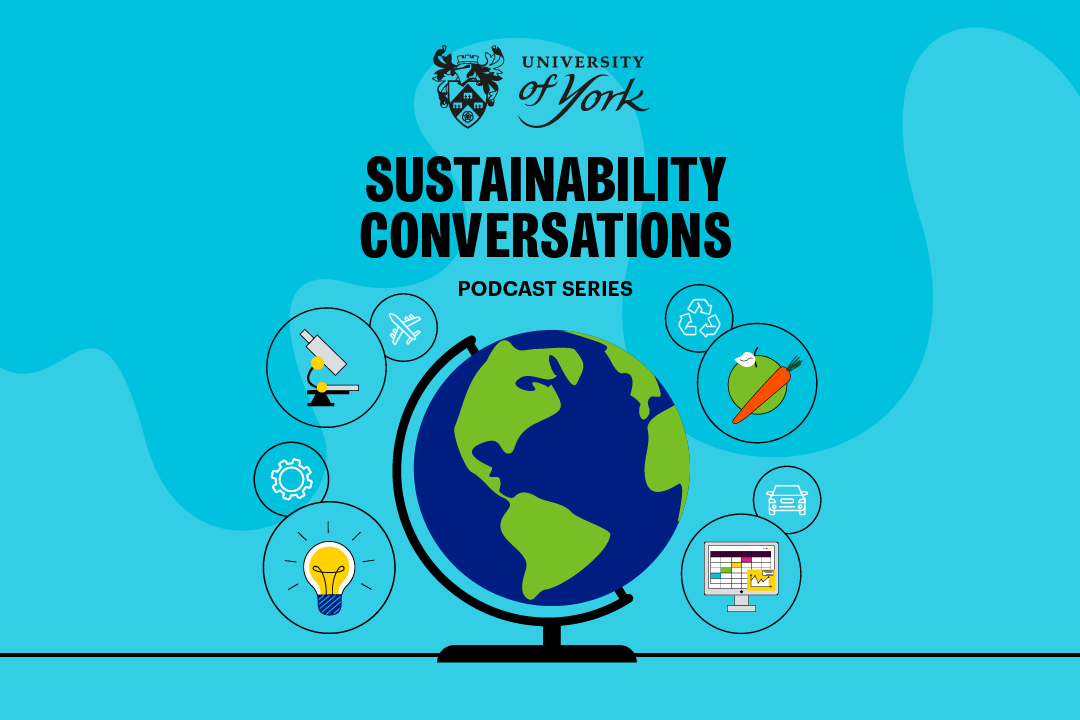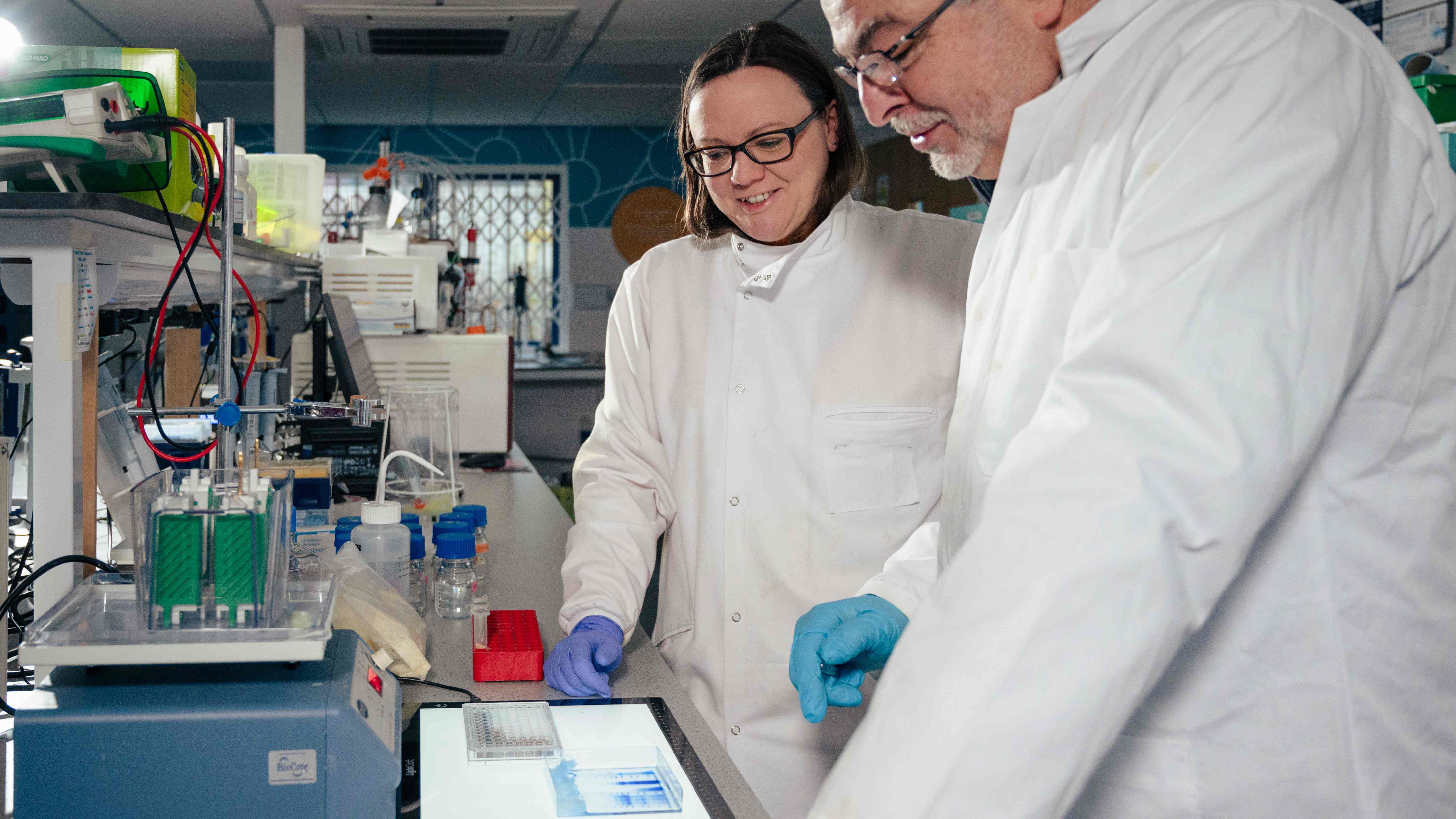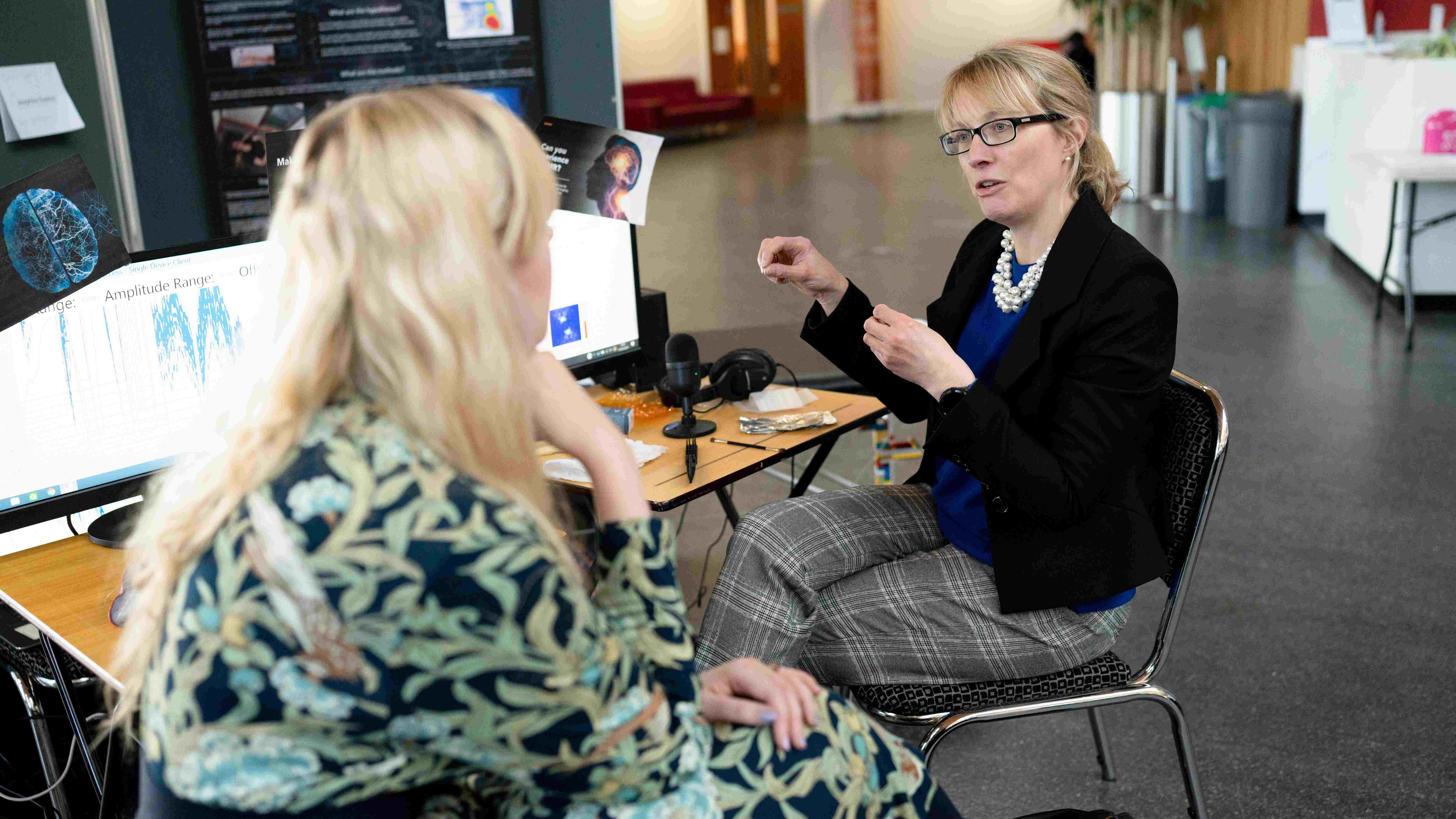Guidance on how researchers can integrate sustainable practices into their work.
The University’s Code of Practice for Sustainable Research aims to guide researchers in aligning their work with the University’s sustainability goals, including achieving carbon net-zero by 2030, reducing consumption, promoting health and wellbeing, and collaborating with others.
It also supports the UK Research & Innovation Concordat for the Environmental Sustainability of Research (PDF ![]() , 100kb). This focuses on sustainability leadership, infrastructure, procurement, travel, collaborations, and environmental reporting, emphasising the research community’s role in promoting environmental sustainability.
, 100kb). This focuses on sustainability leadership, infrastructure, procurement, travel, collaborations, and environmental reporting, emphasising the research community’s role in promoting environmental sustainability.









